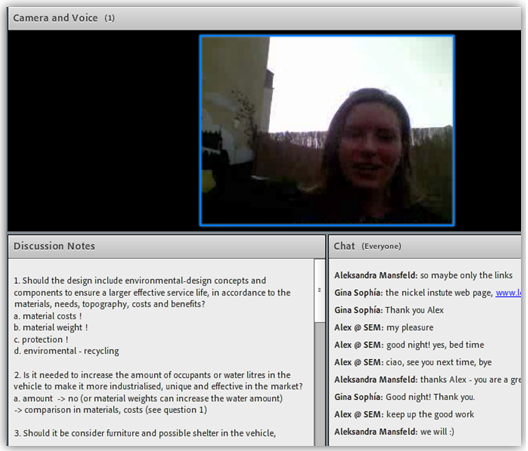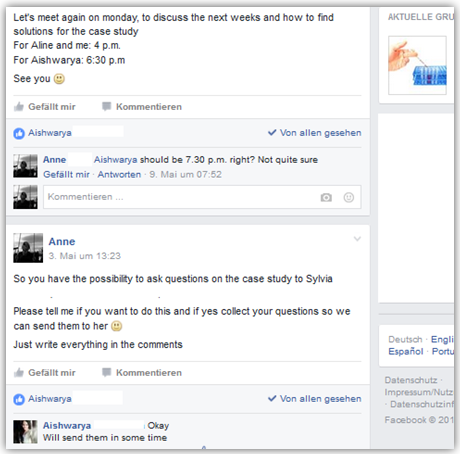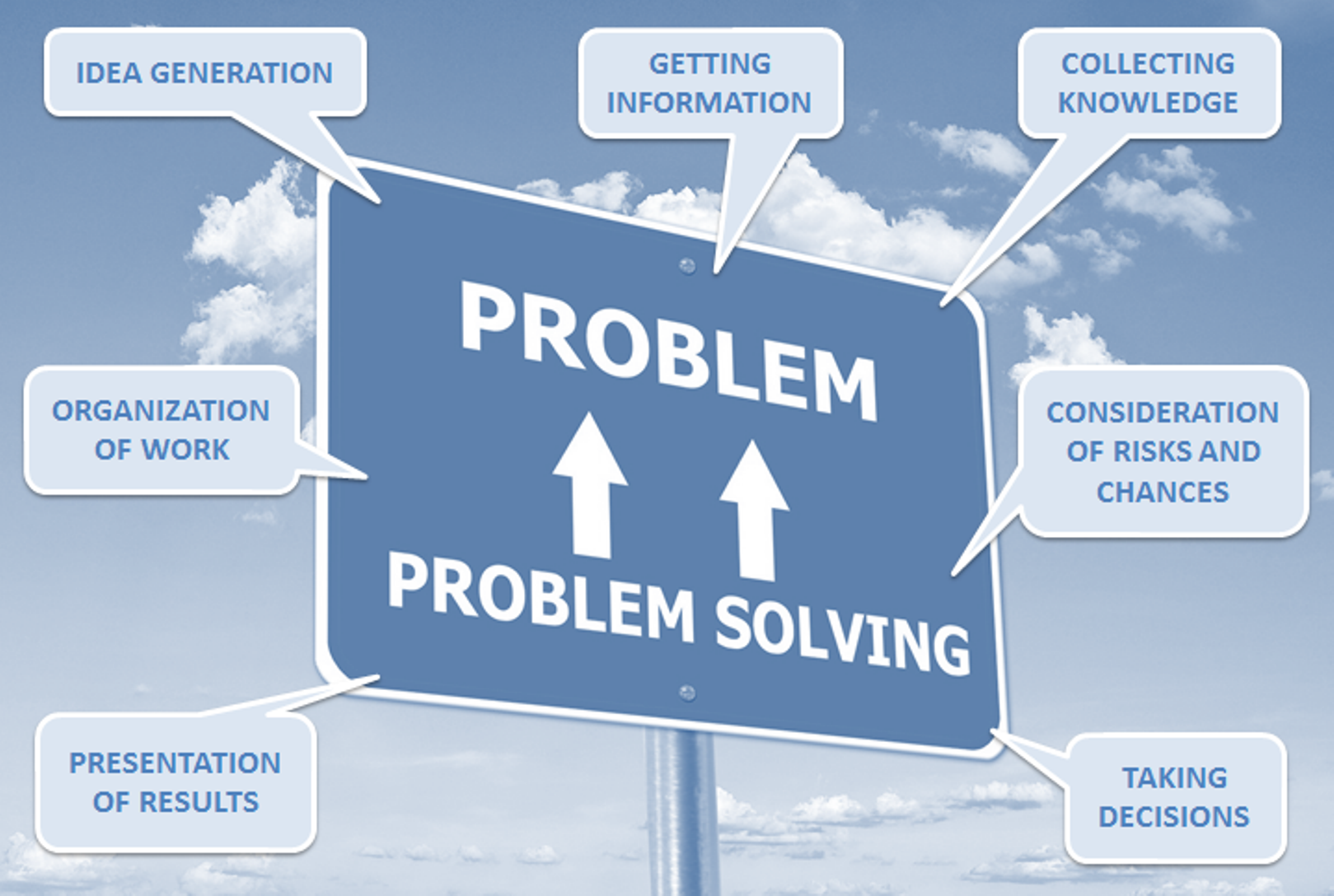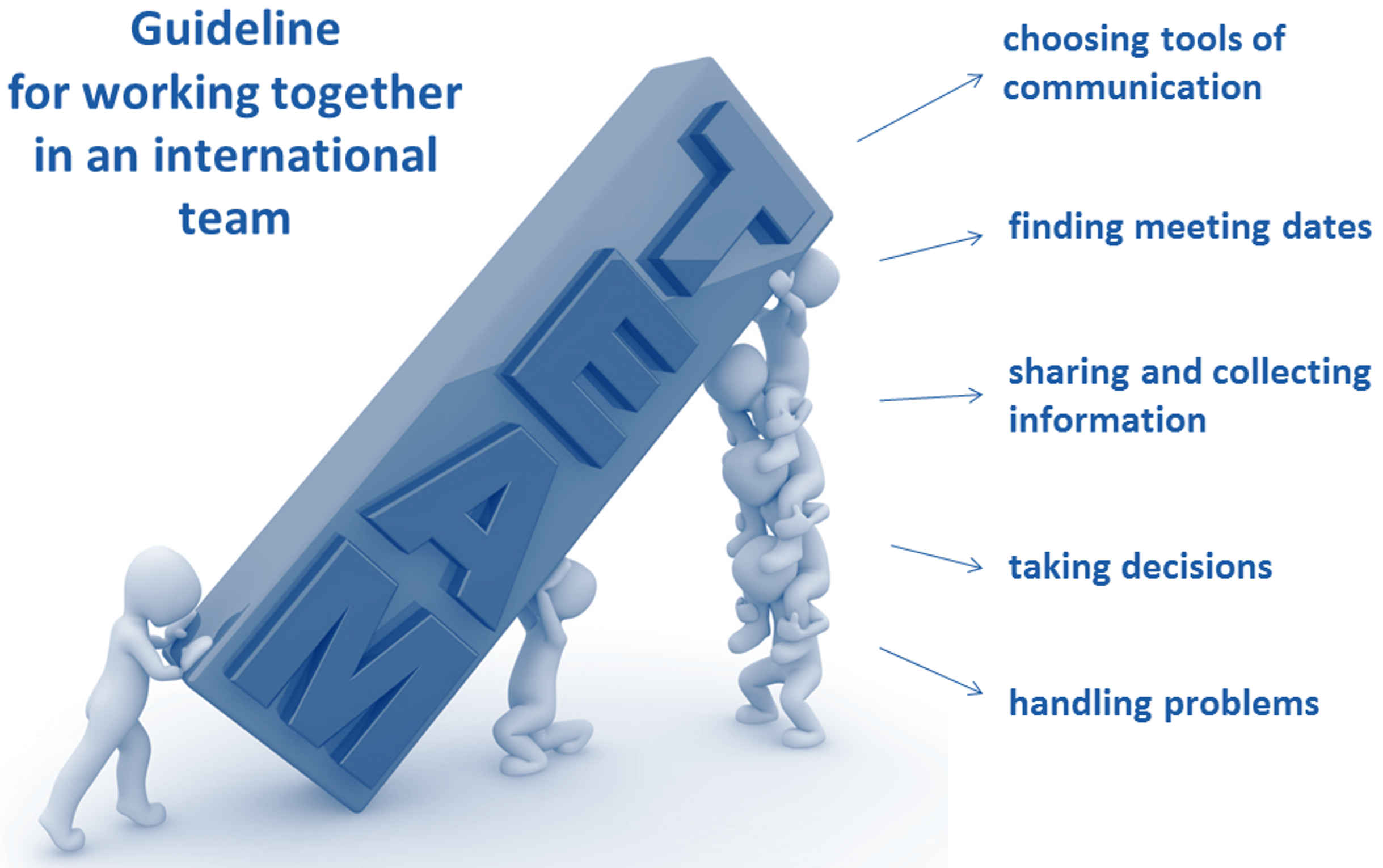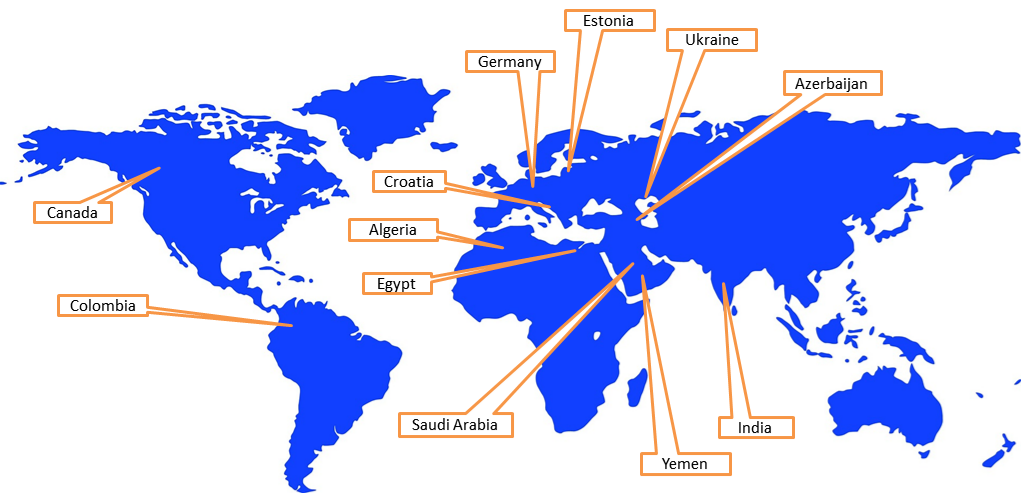Currently our teams prepare the presentations of their results for the final event of our International STEM Summer School on Thursday, June 9th, 2016.
They now worked for nearly 9 weeks in their teams. Together they surmounted all the described challenges and difficulties.
- They became a team and handled intercultural differences as well as different locations and expertises.
- The team met the challenge to solve a complex task form our industry partners. They established topics that have to be achieved, defined resulting tasks and allocated them to the team members. Therefore they used suitable project management methods.
- They collected a lot of information and visualised it within the group by using various e-learning tools.
- The teams took well founded decisions by sharing, evaluation and rearrangment of the collected information.
We all look forward to the final presentation of our teams. They are excited about their opportunity to present their results to the consultants from the industry and the university as well as to the interested audience.
Good luck to all our teams!!!
